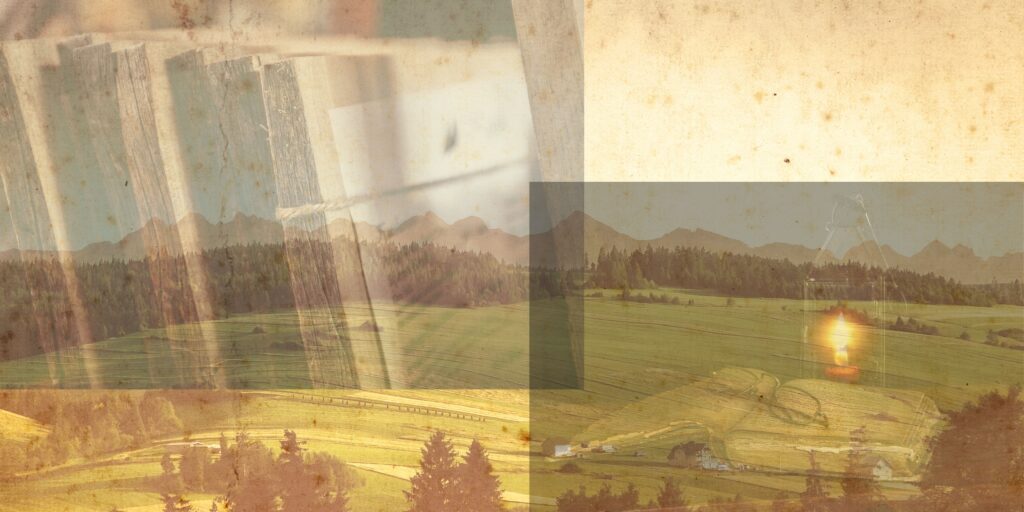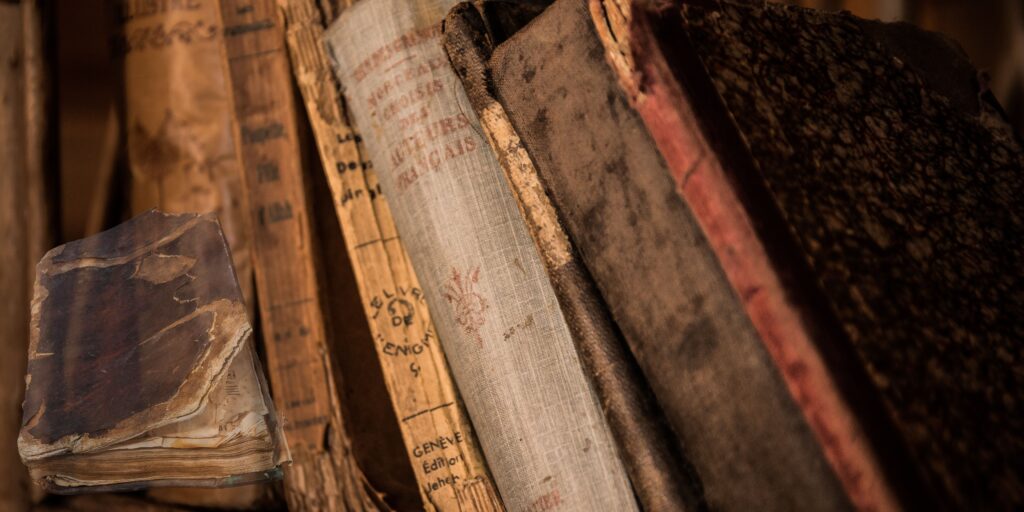Home » History
Category Archives: History
The Short but Brilliant Career of Barcroft Henry Boake
Barcroft Henry Boake, who resided in Australia in the 19th century, was a poet. While his career was cut tragically short, Boake left an indelible mark on Australian writing with his singular perspective and arresting imagery.
Boake, who was born in New South Wales in 1866, spent his childhood in the state’s rural areas, where he came to have a profound respect and love for the natural world. He started writing poetry in his early twenties after being influenced by the writings of Lord Byron and Percy Bysshe Shelley. The Romantic poets had a significant impact on the young Boake, whose early works frequently dealt with subjects of nature, adventure, and the Australian bush.

Boake’s talent was soon recognized, and his poetry was featured in several leading Australian publications, such as The Bulletin and The Sydney Mail. His works received high praise for their accurate depictions of the Australian landscape and their ability to convey the adventurous and liberated spirit that was central to Australia’s sense of self at the time.
Where the Dead Men Lie, a poem written by Boake, first appeared in The Bulletin in 1891 and became one of his most well-known writings. The poem paints a vivid picture of life in the Australian bush and hints at the way the inhabitants of that country have a soft spot in their hearts for its harsh terrain. The poetry has gained widespread acclaim and is now regularly taught in Australian educational institutions.
Boake’s early success belied a lifelong battle with his own issues. He was depressed and alcoholic and was generally considered a restless, miserable person. Many of his poems deal with feelings of alienation, loneliness, and hopelessness, reflecting this interior turmoil.
Boake committed suicide at the young age of 26 in 1892, effectively ending his promising career. No one knows for sure what led to his demise, but it’s thought that he was under stress from money woes and the demands of his rising literary stardom. Boake had a relatively short career, but his legacy lives on thanks to his extensive collection of work.

Boake’s writing is particularly effective because it manages to convey the distinct character of Australia’s natural environment. His depictions of the Australian outback are evocative and full of life, and he has a surprising knack for capturing the spirit of exploration and independence that was central to Australia’s sense of self at the time.
In “Where the Dead Men Lie,” for example, Boake writes:
“Oh, the road to Gundagai is rough–
The cars and coaches jolt and sway,
With never a place where a man might stand,
For the wheels are hurrying all the day.
And the night comes down, and the stars are out,
The blankets round him are wrapt and bound,
And the winds of the winter’s night are chill,
And the wanderer sleeps on the ground.”
The wild beauty of Australia’s bush is captured in these lines, as is the feeling of freedom and adventure that comes with venturing into the wilderness. They also reflect the harrowing truth of living in the bush, where getting around is a pain and the climate can be unforgiving.
Boake’s poetry also reflects his own inner struggles and turmoil. In “The Song of the Broken-Hearted,” for example, he writes:
“Oh, the hopes of youth how fair they seem,
How fleeting too, as the dawn’s first beam
That sheds a glow o’er the sleeping stream–
The stream that is flowing to the sea.
